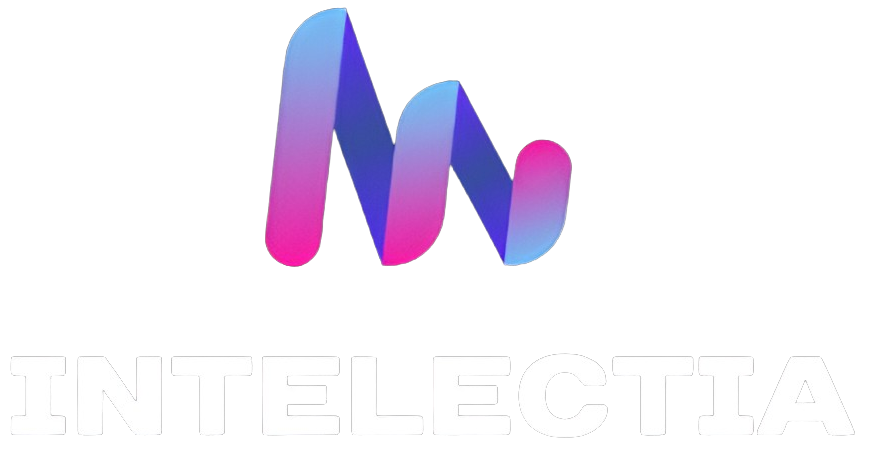In the modern educational landscape, where digital transformation is a key driver of efficiency and effectiveness, Intelligent Document Processing (IDP) emerges as a pivotal technology. IDP leverages artificial intelligence to automate and enhance the processing of documents, which is increasingly valuable in educational settings. This article explores what IDP is, how it can be applied in education, and the benefits it offers to academic institutions.
What is Intelligent Document Processing?
Intelligent Document Processing (IDP) refers to the use of advanced technologies, including artificial intelligence (AI) and machine learning, to automate the processing of documents. Unlike traditional document management systems, which often rely on manual data entry and basic automation, IDP integrates sophisticated algorithms to understand, classify, and extract information from various types of documents.
IDP systems are designed to handle complex document processing tasks, including:
– Data Extraction: Extracting relevant information from unstructured and semi-structured documents.
– Document Classification: Automatically categorizing documents based on their content.
– Data Validation: Ensuring the accuracy and completeness of extracted data.
By incorporating AI-driven technologies, IDP significantly enhances the accuracy and efficiency of document processing compared to traditional methods. This technology is particularly beneficial for educational institutions dealing with large volumes of academic documents and administrative paperwork.
How Can Intelligent Document Processing be Used in Education?
Streamlining Educational Document Management
Educational institutions often manage a vast array of documents, including student records, academic transcripts, research papers, and administrative forms. IDP can streamline the management of these documents by automating their processing, which reduces the need for manual data entry and organization.
With IDP, institutions can digitize and organize educational materials efficiently. For instance, IDP systems can scan and convert physical documents into digital formats, making them searchable and accessible from any location. This digitization facilitates easier retrieval and management of academic records, supporting both administrative and academic functions.
Automating Academic Processes
IDP plays a crucial role in automating various academic processes. For example, it can be used to:
– Automate Admissions: Process application forms, transcripts, and other admission-related documents quickly and accurately.
– Facilitate Grading: Analyze and extract data from scanned exam papers, allowing for faster and more accurate grading.
– Manage Research Data: Organize and catalog research papers, theses, and other scholarly articles, enhancing the accessibility and management of academic resources.
By automating these processes, IDP helps educational institutions handle large volumes of documents with ease, improving overall efficiency and reducing administrative burdens.
Enhancing Document Accuracy and Data Management
The accuracy of document processing is critical in education, where errors in data management can have significant consequences. IDP enhances document accuracy by using advanced AI algorithms to extract and validate information. This capability ensures that data is correctly interpreted and entered into systems, reducing the likelihood of errors.
Moreover, IDP systems improve data management by providing robust tools for organizing, searching, and retrieving documents. Institutions benefit from improved data accuracy and easier access to important information, which supports better decision-making and operational efficiency.
Benefits of Intelligent Document Processing in Education
Efficiency in Document Management
One of the primary benefits of IDP is the efficiency it brings to document management. By automating document processing tasks, educational institutions can handle large volumes of documents more quickly and accurately. This efficiency reduces the time spent on manual data entry and document organization, allowing staff to focus on more strategic tasks.
IDP also supports digital transformation in education by enabling institutions to move from paper-based processes to digital workflows. This transition enhances overall efficiency and aligns with broader goals of modernization and technological advancement in education.
Time Savings
IDP contributes to significant time savings by automating repetitive and time-consuming tasks. For instance, the process of manually entering data from paper forms or grading exam papers can be highly labor-intensive. IDP systems streamline these tasks by quickly extracting and processing data, which accelerates workflow and reduces the administrative workload.
The time saved through IDP can be redirected towards more valuable activities, such as developing new educational programs or providing additional support to students. This reallocation of resources enhances the overall effectiveness of educational institutions.
Reducing Administrative Burdens
Administrative tasks in education can be overwhelming, particularly for institutions with large student populations and extensive documentation. IDP helps reduce these burdens by automating routine processes and managing large volumes of documents efficiently.
By decreasing the reliance on manual processing, IDP minimizes the risk of errors and improves the consistency of document handling. This reduction in administrative burdens allows staff to focus on core educational functions and strategic initiatives, leading to a more streamlined and productive work environment.
Scalability and Adaptability
IDP systems are designed to be scalable, which is particularly beneficial for educational institutions experiencing growth or changes in document processing needs. Whether dealing with an increase in student applications, expanding research activities, or updating administrative processes, IDP can adapt to varying volumes and types of documents.
This scalability supports the long-term digital transformation of educational institutions, ensuring that they can handle increasing demands and evolving requirements efficiently.
Improved Data Management
Effective data management is essential for educational institutions to operate smoothly and make informed decisions. IDP improves data management by providing tools for accurate data extraction, validation, and organization. This capability enhances the quality of the data used for reporting, analysis, and decision-making.
With IDP, institutions can maintain up-to-date records, track academic progress, and generate reports with greater accuracy. Improved data management supports better oversight and accountability, contributing to the overall effectiveness of educational operations.
In conclusion, Intelligent Document Processing (IDP) represents a significant advancement in the management and processing of educational documents. By leveraging AI-driven technologies, IDP enhances efficiency, accuracy, and scalability in handling academic and administrative paperwork. The benefits of IDP, including time savings, reduced administrative burdens, and improved data management, align with the broader goals of digital transformation in education.
As educational institutions continue to embrace technological innovations, IDP will play a crucial role in streamlining workflows, enhancing document accuracy, and supporting the effective management of educational materials. By adopting IDP, educational institutions can drive greater efficiency and effectiveness, ultimately contributing to a more modern and agile educational environment.
Do you want to implement a document analysis system based on Artificial Intelligence?
At Intelectia we can offer you the security of having an OCR system so that your company can improve its quality of work.
On the other hand, we also offer Intelligent Voice Processing services for all types of companies.
Do not hesitate to contact us, or book a meeting and we will help you in everything that is in our hands.

